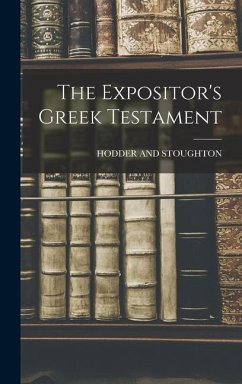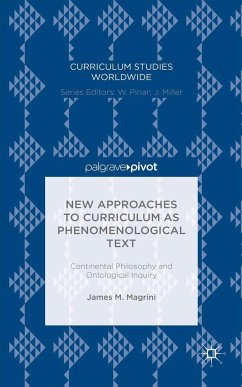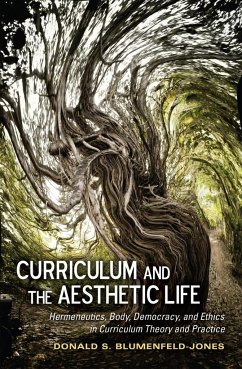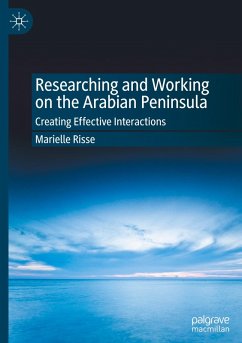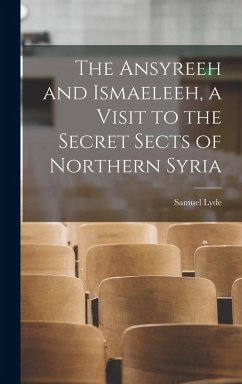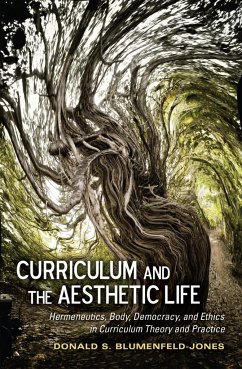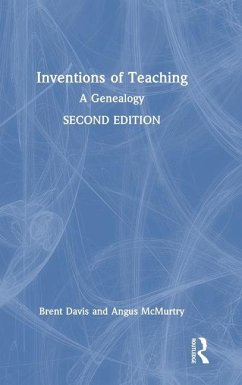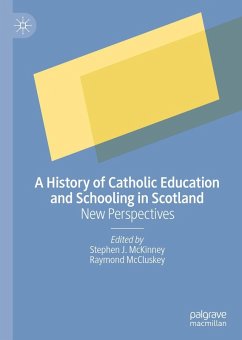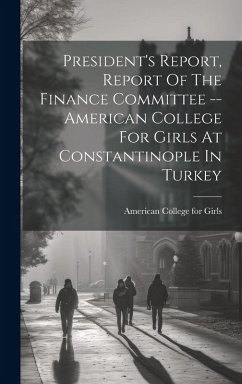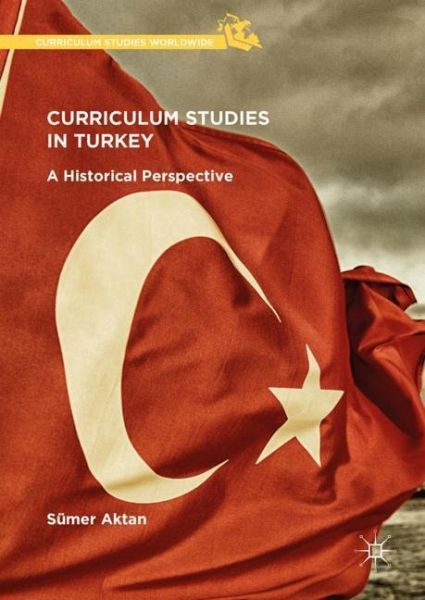
Curriculum Studies in Turkey
A Historical Perspective

PAYBACK Punkte
38 °P sammeln!
This book analyzes curriculum studies in Turkey from the perspective of three paradigms-religion, science, and ideology-since the early 19th century. Using Islam as a guiding point, Turkish curriculum theory later evolved to become the classical curriculum theory. In this book, the author presents a historical account of the long, complex, and contested evolution of the Turkish curriculum, as shaped by the intellectual and international forces of the day. This interplay is designed to inform international curriculum studies across national borders.




